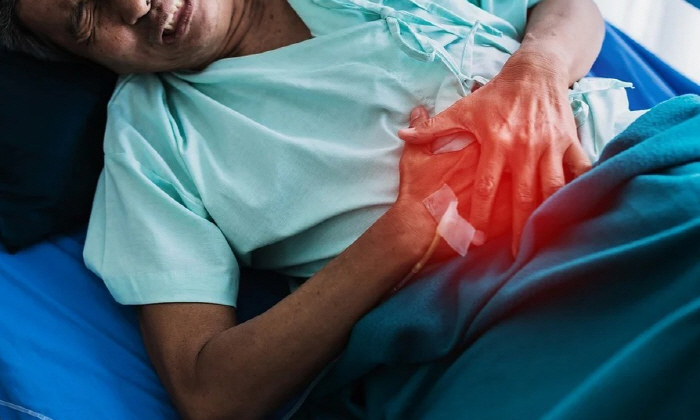Young colorectal cancer under 50 increased by more than 80%...What's the best way to prevent it?
Jun 08, 2025
|
Colorectal cancer is a malignant tumor that occurs through adenomatous polyps in the colon or rectal mucosa. The mucous membrane of the large intestine repeats the process of old cells falling and forming new ones. At this time, if there is a genetic abnormality, abnormal cell proliferation can occur and develop into a tumor.
Professor Na-Hyun Park of Soonchunhyang University Bucheon Hospital said "Colorectal cancer is common mainly in men over the age of 60, but the proportion of young patients under the age of 50 has also increased by more than 80% over the past 30 years. Recently, the incidence of colorectal cancer is also increasing in young people aged 20 to 49. In particular, it is the highest level among the 42 countries surveyed.
Genetic factors account for 10-30% and environmental factors account for 70-90% of colorectal cancer. Patients with hereditary colorectal cancer syndrome or chronic inflammatory bowel disease are classified as high-risk groups. In addition, environmentally, high-fat and low-fiber diets, processed meat consumption, obesity, lack of exercise, smoking, and excessive drinking also act as risk factors. In particular, the risk of colon cancer increases rapidly due to the accumulation of genetic mutations in those over 50 years of age.
Colorectal cancer often has no symptoms. However, the disease may be suspected if constipation occurs suddenly, the thickness of the stool becomes thinner, or black stools or bloody stools are seen in people over the age of 60. Symptoms of colorectal cancer vary depending on the site of occurrence, such as anemia, masses touched on the right, and black stools are common, and left colorectal cancer or rectal cancer has many direct symptoms such as bloody stools and changes in bowel habits.
Colorectal cancer is confirmed when the lesion is confirmed through colonoscopy and cancer cells are confirmed through biopsy. After that, the stage is determined through CT and MRI of the abdomen and chest.
Colorectal cancer is divided into colon cancer and rectal cancer depending on the location, and treatment methods are different. For colorectal cancer without metastasis, surgery is performed first and chemotherapy is additionally performed according to the stage, whereas for rectal cancer, chemotherapy is performed first and then surgery is performed unless it is detected early. For younger patients, more active treatment is attempted, while for older patients, the most appropriate treatment policy is determined after sufficient discussion with patients and caregivers regarding the customized treatment policy considering the quality of life.
Eating habits are the most important way to prevent colorectal cancer. It is necessary to eat enough fiber-rich vegetables and fruits, and to reduce the intake of processed meat and fatty foods. In addition, regular exercise, smoking cessation, and abstaining from alcohol can help prevent colorectal cancer. In Korea, fecal occult blood tests are conducted as screening tests, but having a colonoscopy at least once every five years is a more effective prevention method.
Professor Na-Hyun Park "Especially for colorectal cancer that occurs in young patients, which is increasing recently, is likely to be more aggressive in the nature of cancer, so it is important to receive early diagnosis and treatment. If you have a family history, it is recommended to have a colonoscopy from a younger age.
Colorectal cancer can be treated with an endoscope if it is detected early, and even if surgery is required, it has a survival rate of more than 90% in the first stage and 60-80% in the second stage, which has a better prognosis than other cancers. Since some patients relapse, it is important to quickly check for recurrence through regular checkups and follow-up observations and not miss the timing of treatment.
|
This article was translated by Naver AI translator.















